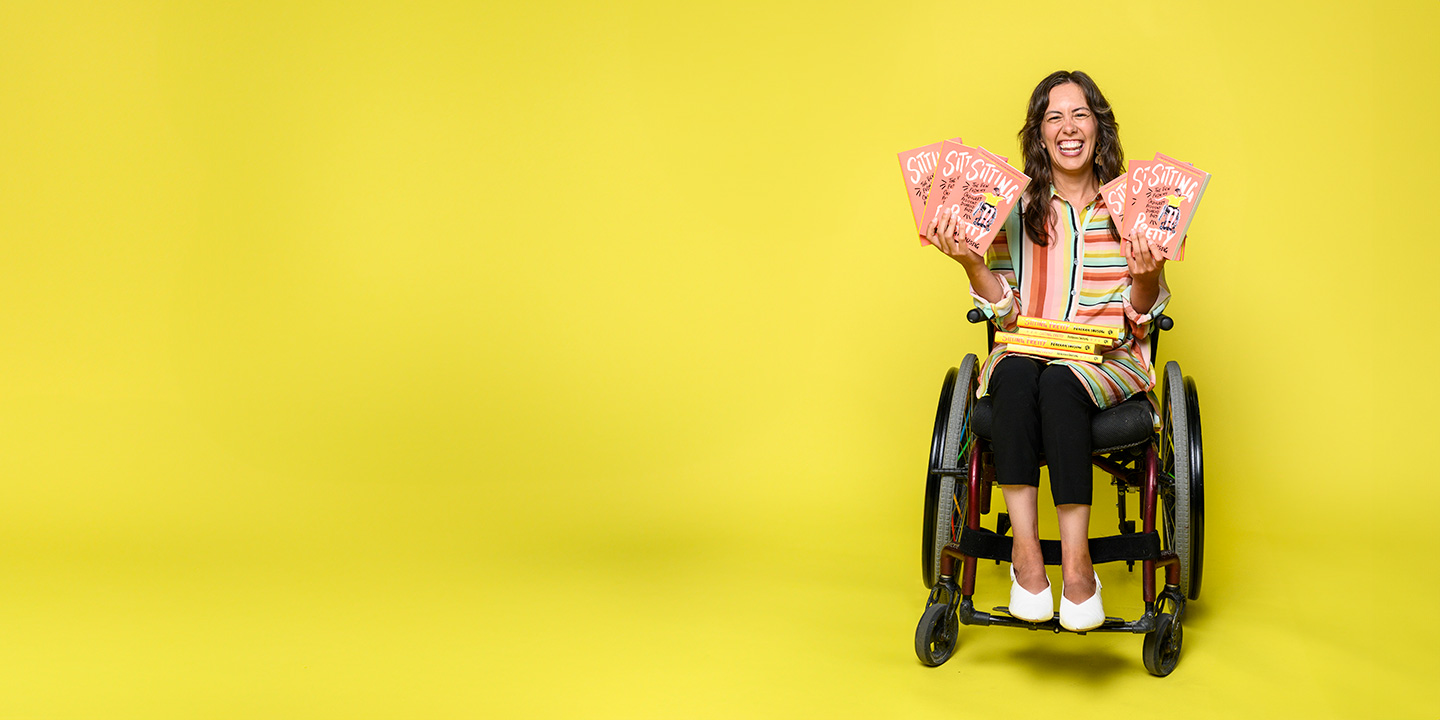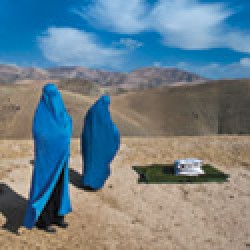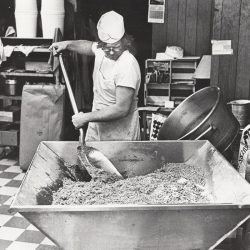
Teaching Possibility
Professor Carlyn Mueller helps students with disabilities realize their potential.
Carlyn Mueller was always a good student. She excelled in her high school’s advanced English and psychology classes, and she successfully navigated a learning disability in math through her special-education coursework — but she received noticeably more praise surrounding her accelerated classes (like honors English) than her assisted ones (like math). As an assistant professor of special education and disability studies in the UW’s School of Education, she’s trying to change that trend.
“In special education, we spend a lot of time pushing kids away from what makes them unique rather than acknowledging the ways that their disabilities inform every part of their lives in a really positive, powerful way.”
Mueller studies disability-identity development in special education: how students understand their disability labels and how these attitudes influence their social and academic experiences in school. Her research suggests that having positive adult role models who live with disabilities is conducive to helping these students think about their futures and realize their full potential.
As part of her curriculum, Mueller brings in guest speakers with disabilities so her nondisabled students can get firsthand accounts of lived experiences they will inevitably encounter and, hopefully, be able to reflect in their classrooms. Her syllabus is reflected in this year’s Go Big Read program, which engages members of the campus community and beyond in a shared, academically focused reading experience.
Chancellor Jennifer L. Mnookin selected Sitting Pretty: The View from My Ordinary Resilient Disabled Body by Rebekah Taussig as the 2024–25 Go Big Read book. Taussig is a disability advocate and educator who began sharing her experiences navigating life as a disabled person on her Instagram account, @sitting_pretty. Her memoir is a natural extension of the laid-bare storytelling she started on social media.
“This book is a wonderful opportunity for our community to engage in critical and timely dialogue around disability and accessibility,” Mnookin said.
For Mueller, Taussig’s book is also an invitation for members of the disabled community to feel seen and celebrated, and for those seeking an authentic understanding of life experiences they have yet to share.
“I think there’s some power in vulnerability that’s really beautiful and hard for people with disabilities,” Mueller says. “The lengths that [Taussig] is willing to go, to be open about her experience, feel like such a beautiful gift for people with disabilities to feel some connection and for nondisabled people to feel like they have a connection to that experience, too.”
Your work centers disabled students as “experts of their own experiences.” How might this framing improve students’ experiences in special education?
We think about special ed as a place that you go because there’s something “wrong” or because you need extra help, [but] there’s just so much potential power in those spaces and potential sources for community and collective culture. I’m using some of my experience to say there’s more we can learn from the individual lived experience of disability that sometimes gets ignored in the field.
Tell me about the importance of role models in your research.
There are lots of conversations around how we make pathways for people with disabilities to become teachers, because we know that when you have representation of all kinds, students get that mirrors-and-windows effect: you get to see yourself represented in the classroom, and then you get a window into what your life could be like if you keep on persisting and continuing on your own path. When students see people who can proudly wear their identity on their sleeve, it only benefits the kids who share that identity, and it expands the window into different experiences for kids who don’t share that identity.
How does Taussig’s work resonate with yours?
Some of the work I’ve done with adults has been using a qualitative method called “life history interviewing,” where we talk through their experience in school related to developing disability identity. When you boil that down, it’s storytelling, right? Taussig has done this in such a powerful way and has such clarity around her own emotional experience, [which] I think a lot of adults are still trying to sift through. She does it in a way that brings people into the messiness of it.
What are some potential outcomes of a campuswide reading of a memoir like this?
You learn so much in actual deep relationships with other people. I think this book provides one way of doing that because it’s so open and it’s so deep. It’s one way for people who have never had the lived experience [of disability] to understand one person’s experience, and it presents an opportunity to build some of that connection and some of that commitment to the disability community.
How can people engage with disability culture beyond reading this book?
At the end of all of my intro-to-disability courses, I always say the basic-level thing you can do is follow disabled creators on social media; get your news about disability from people with disabilities. There are so many ways that politics and health issues impact the disabled community, and you want to hear from people who are doing that work. Participation in community events also legitimizes disability as culture instead of treating it as a problem or something that we need to hide away or accommodate. It legitimizes disability as a way of being in the world that is powerful and creative and full of joy.
Megan Provost ’20 is a staff writer for On Wisconsin.
Published in the Fall 2024 issue



Comments
No comments posted yet.